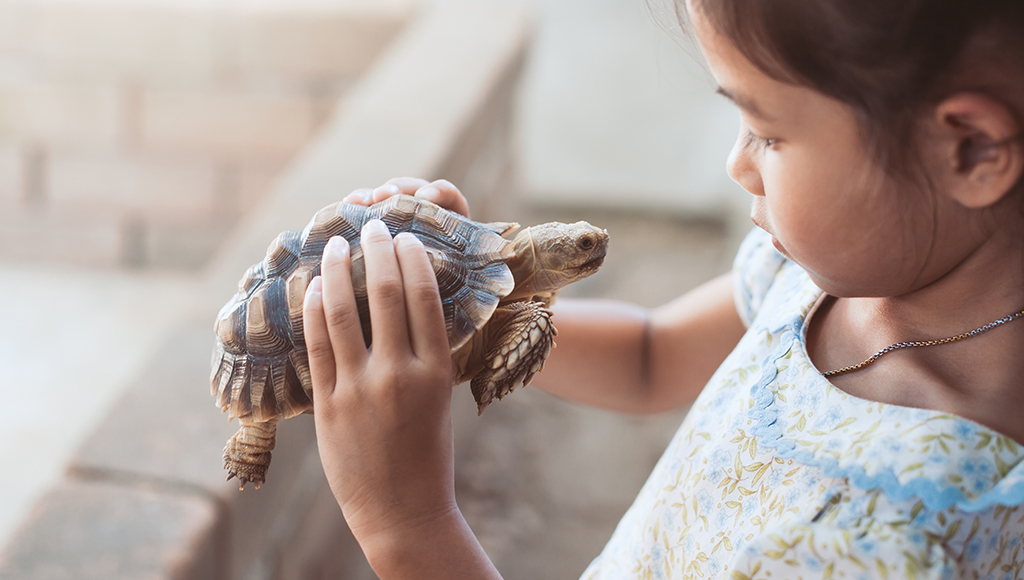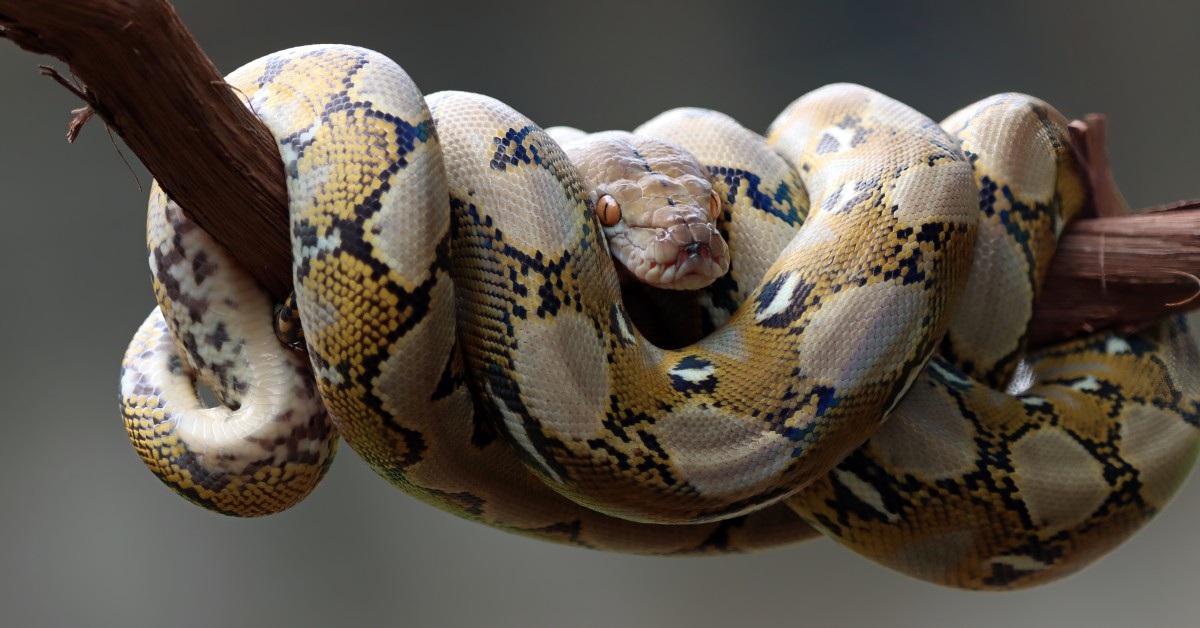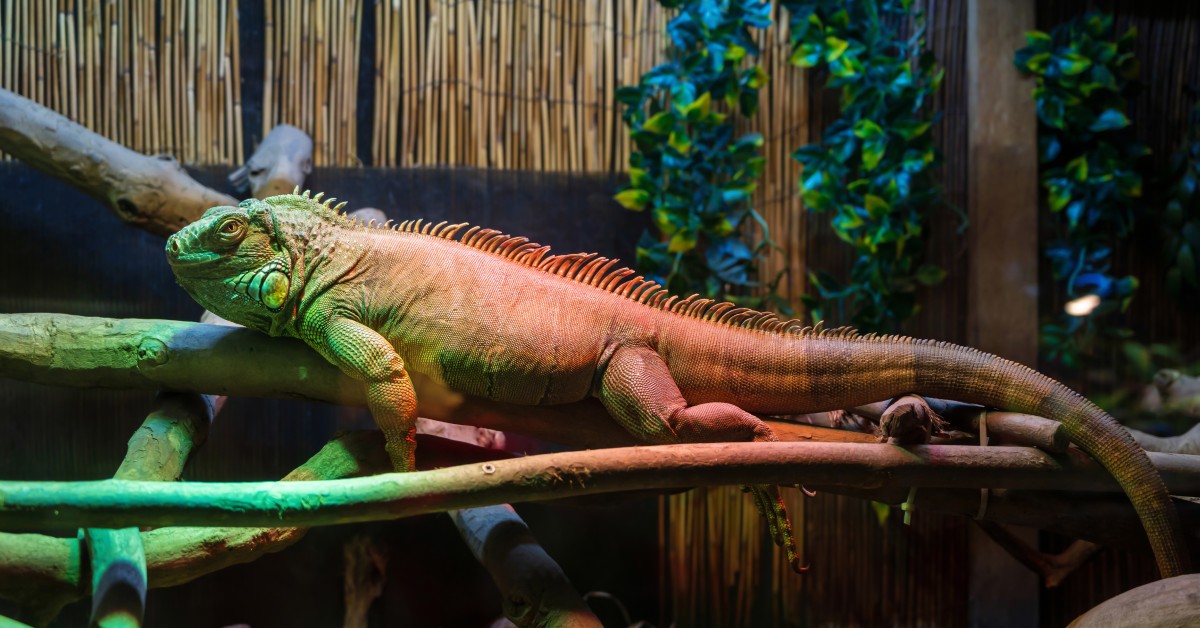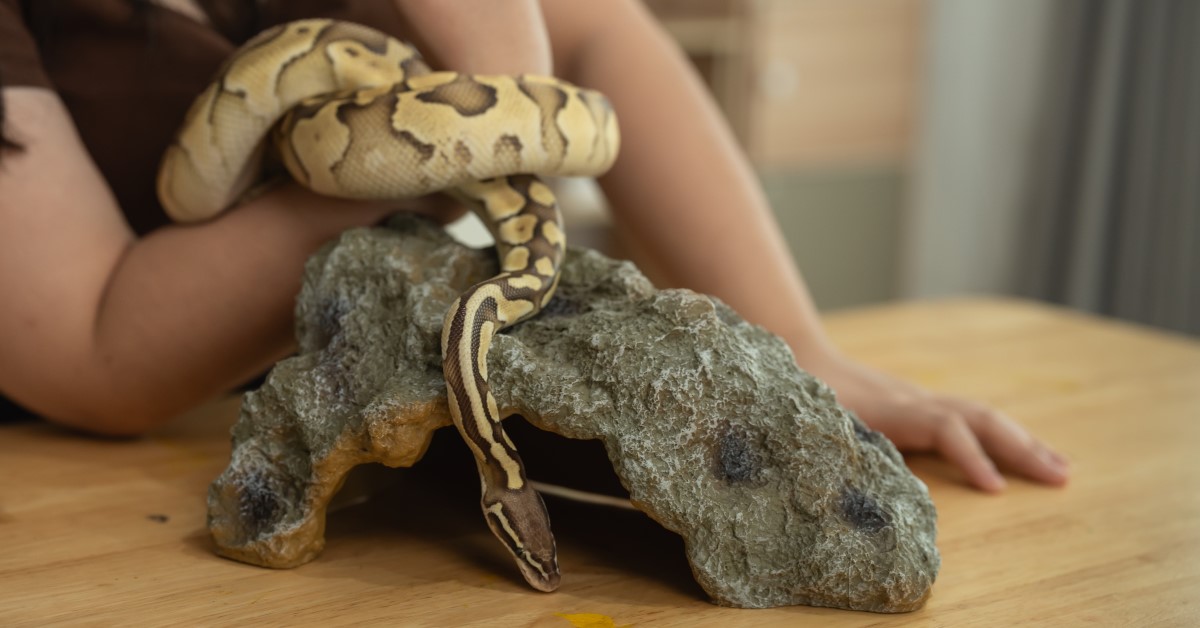Are You Ready For A Reptile?
Here are some helpful tips for preparing your lizard's new home.

We all love those commercials with the funny green iguanas that talk! How about that cute gecko that sells insurance or the lovable turtles we often see in ponds? They’re great on television, but do they really make good pets? Reptiles can be fascinating creatures to watch, and it is possible to create an environment they can thrive in. Arming yourself with as much information as you can, along with careful thought and good planning will help make your experience more enjoyable.
Creating a healthy and acceptable environment for a pet lizard requires two basic elements: a home in a reptile-friendly container and an ample heat source. Aquariums, custom cages, and boxes of the home-built type are all good places for your green friend to call home. The easiest (and most inexpensive) lining for the cages of many reptiles is newspaper because it's easy to change and easy to tell when it's wet. Turtles need a more humid lining, such as soil mixed with peat moss, while geckos will like smooth aquarium stones in the bottom of their cage. Snakes appreciate rocks to facilitate shedding, and iguanas and snakes both will like a hardwood driftwood branch for climbing. No matter which reptile you choose, remember that all linings should be changed regularly, with feces removed often.
Reptiles of all kinds need "Hide boxes" in their cages (which function exactly as their name implies) to provide a secure, out-of-sight place for rest and relaxation. A hide box should be a shallow plastic container with a hole cut in the side and filled with one to two inches (depending on your friend's size) of damp vermiculite or moss. Hide boxes can double as nesting areas for some species. Your veterinarian can tell you whether you'll need a hide box for your particular reptile.
The second component of building your pet's personal universe is to create a sun-of sorts. Reptiles depend on the air temperature to maintain their body heat. Room temperature is too cold for most reptiles, so you'll need to warm the cage environment as well as provide hot spots for basking. Most temperate (as opposed to desert or tropical) reptiles will appreciate air that's 75 to 80 degrees Fahrenheit. The only way to be sure you are providing adequate heat is to use a thermometer-preferably of the digital, indoor/outdoor, minimum/maximum type. Don’t try to guess at your cage’s temperature, or use your own comfort as a guide; our body systems are totally different.
Regulating the temperature of your reptilian companion's environment means walking a fine line in determining their needs. If given the chance, most reptiles will actually burn themselves when on, under, or around a direct heat source. Keep heat sources out of the cage if possible, and never place a cage or aquarium in direct sunlight without shade. In just ten minutes your friendly, fur-challenged friend can go from happy to heatstroke. And if your heat source must be in the cage, bear in mind that if it's too hot to rest your hand on, it's definitely too hot for lizard.
People naturally assume that reptiles of the desert, tropic, and temperate environments alike need little water. On the contrary! Reptiles need water, and plenty of it, to survive. In addition to drinking it, some need to periodically soak to keep their scaly bodies sufficiently moist. Ensure that your reptile's personal swimming area is shallow enough that he won't drown and that it is kept clean from food residue and feces. The cage itself should have a relative humidity of 50 percent for desert species, 60-75 percent for temperate species, and 80-90 percent for tropical species. Some parts of the country are humid enough that additional humidity isn't necessary. If you do need to create a little rain, misting the cage, or damp moss or vermiculite in the hide box should do the trick. With any method of humidifying, good air circulation is always important, and ultrasonic humidifiers allow less bacteria buildup than those of the steam variety.
For those of you bold enough to allow your reptile to roam, you should keep in mind that most, if not all reptiles are carriers of Salmonella bacteria. Salmonella is easily spread through bathtubs, hands, carpet, and clothing. For safety's sake your green pets should not be allowed to roam free. In most people, Salmonella exposure causes no problems, but in certain cases it can be quite dangerous-even fatal. People at serious risk for Salmonella include children under age five (especially infants), pregnant women, and people with weakened immune systems. Always wash your hands after handling your reptile, and do not eat or put anything into your mouth while handling your pet. That also means that reptiles should be kept out of the kitchen, and kitchen sinks or infant bathing areas should not be used to bathe reptiles, their cages, or their dishes.
Another misconception people have about caring for a reptile is that they don’t require much attention, especially medical attention. An annual checkup allows your veterinarian to monitor your reptile for chronic nutritional deficiencies, one of the most common problems facing our green friends in captivity. Ensure that your reptile's diet is well-balanced and varied, and check with your veterinarian for specifics on feeding. Your veterinarian can also advise you on hibernation-many temperate snakes and turtles have a natural inclination to take a long winter's nap. Usually this requires a gradual reduction of food, seclusion in a darkened, cool area, and monitoring on your part to ensure your pet's metabolism is low enough that he is not slowly starving to death.
Finally, no matter what the housing situation you set up for your reptile, you will need to create heat. Heat can be provided in several ways:
Ready to start saving money on pet wellness care?
Then take a look at Mint Wellness, the pet wellness plan that provides fast reimbursement on routine pet care. Save on vaccinations, wellness exams, preventatives, dental, and more!
Learn More


